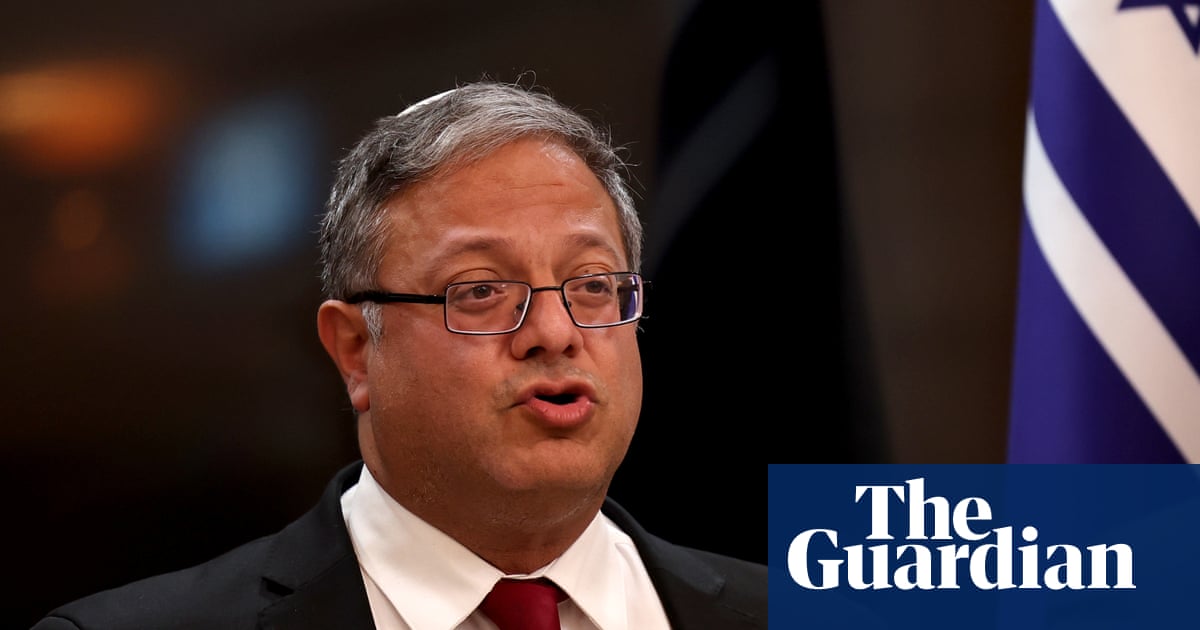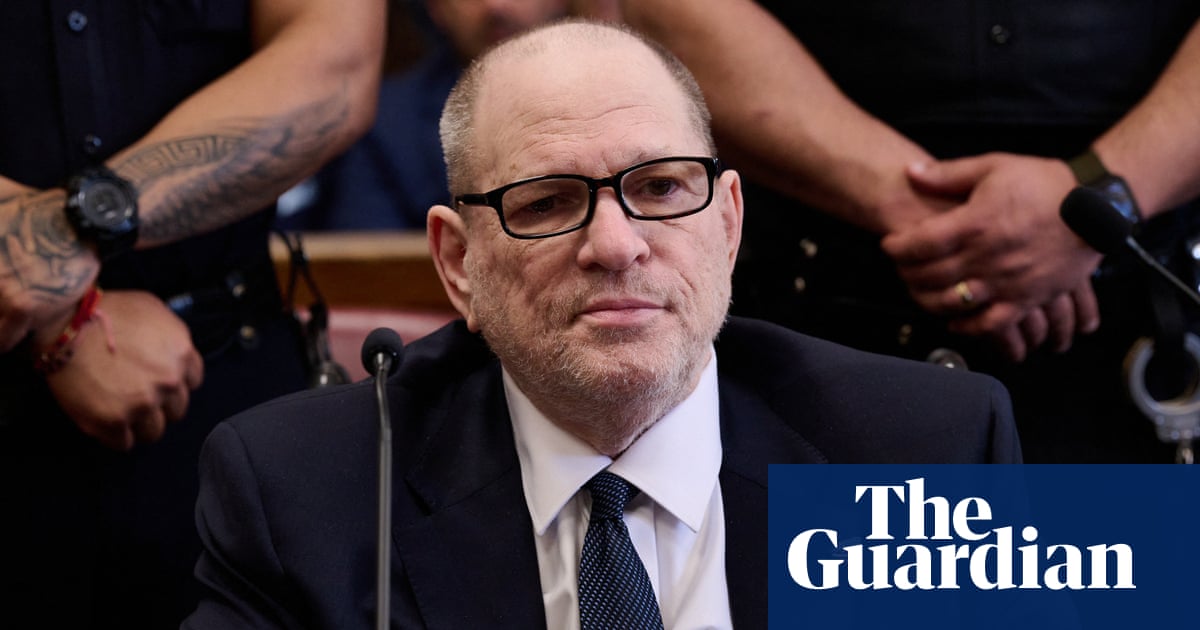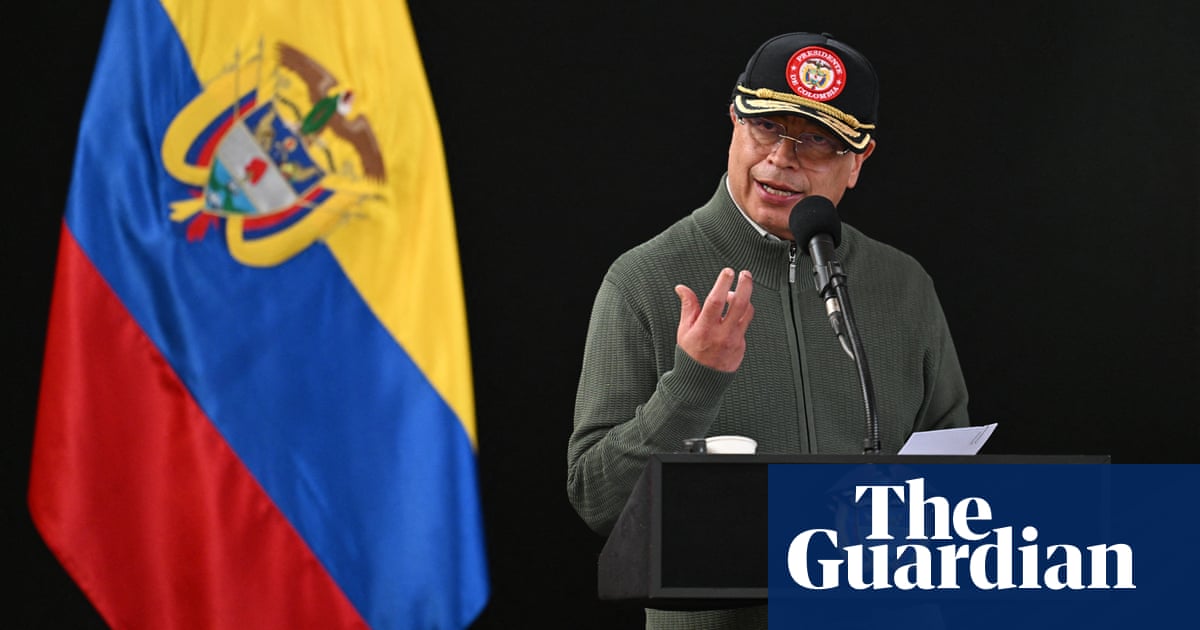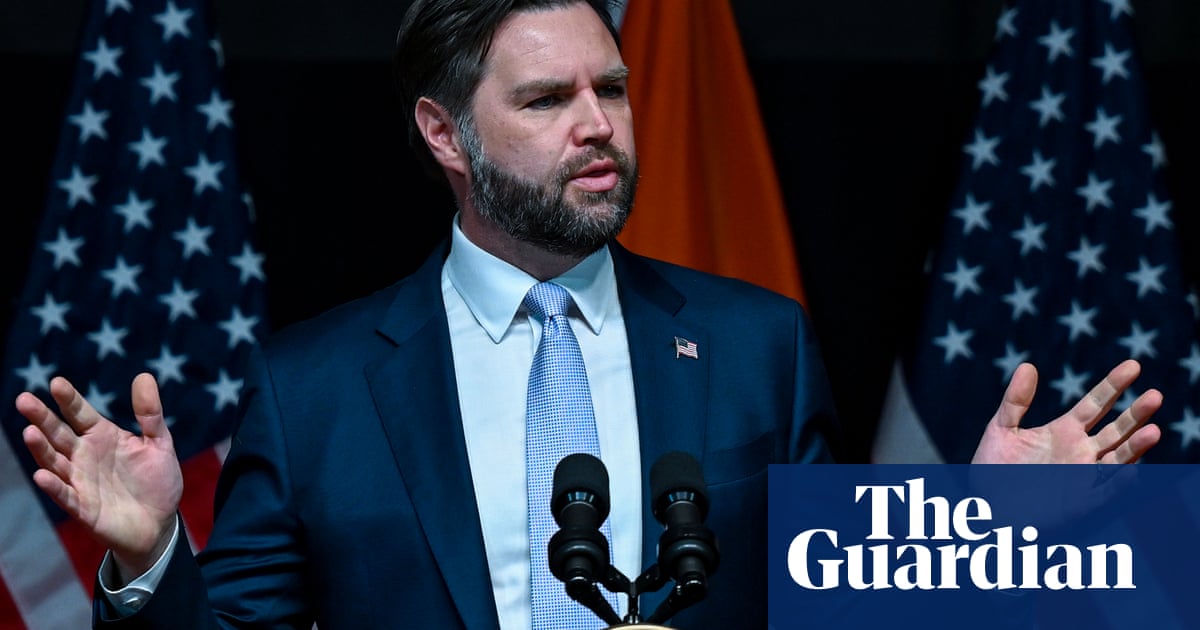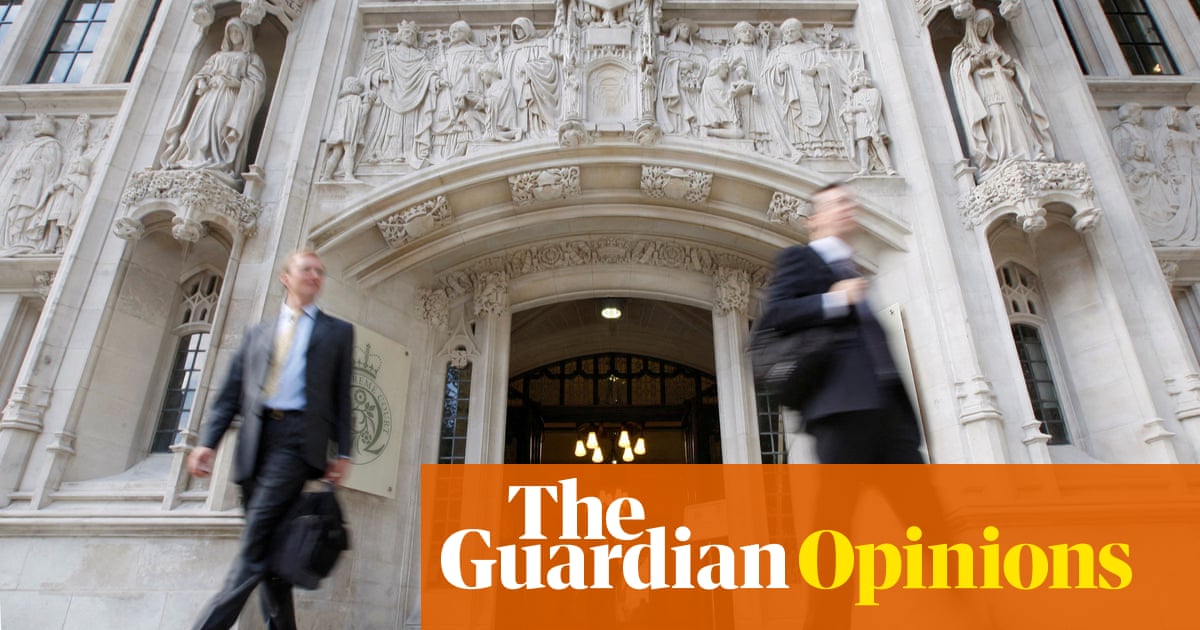The government has backed proposals to stop MPs taking second jobs they have been offered because of their role in parliament, and expressed concern that some paid media roles allow them to “monetise” their privileged positions.
It set out its detailed thinking on how the rules could be tightened on MPs’ outside interests in evidence to the House of Commons standards committee.
The policy statement said it supports asking MPs to sign up to certain principles, as suggested by the parliamentary standards commissioner, Daniel Greenberg.
In particular it favours a draft principle saying: “Members are expected not to accept offers of paid outside interests that are made, or that a reasonable observer might think are being made, primarily because of their membership of the House.”
The government also said it had concerns about some instances in which MPs were paid by the media. Its submission said: “We are concerned with specific cases in which members might hold paid contracts of employment with media organisations that give rise to conflicts of interest and attention, both in the sense that the House is responsible for the laws governing our media and that such members would be monetising their offices for private gain. Such a practice can harm the reputation of the House, further eroding public confidence in our institutions.”
A Guardian analysis recently found six MPs have spent on average one working day a week on second jobs since the start of the 2024 parliament, with Reform MPs Nigel Farage and Lee Anderson both taking on lucrative jobs as presenters for GB News, as well as other work.
The government’s official backing for Greenberg’s suggested principles comes after Lucy Powell, the leader of the House of Commons, asked the standards committee to look at MPs’ outside interests and gave evidence suggesting she would support such a system.
Labour’s position on outside interests has significantly changed since Keir Starmer said in 2021 that he wanted to “ban all second jobs for MPs, with very limited exceptions”. In the party’s manifesto, Labour said it wanted to “take forward urgent work on the restrictions that need to be put in place to prevent MPs from taking up roles that stop them serving their constituents and the country”, including closing loopholes on lobbying.
At one point, Boris Johnson’s government considered time limits on outside interests but this was later dropped.
In its submission, the government said it did not support setting limits on types of jobs or hours, or creating a list of banned professions. It said: “Whilst these approaches may be easily understood and enforced, they could create unfairness in the system, and any list could never cover all eventualities. As such, the government does not believe this is the right approach to deal with the nuances of this matter.”
The Committee on Standards in Public Life, an advisory body on ethics, told the committee that it backed the idea of “reasonable limits”, with indicative limits on earnings and time, such as not taking on work that was the equivalent of more than one day per week.
In other evidence, a string of Conservative MPs made arguments in favour of allowing outside interests.
One shadow Treasury minister, Richard Fuller, made the case it was “flawed” to suggest being a constituency MP is a full-time job.
The Conservative MP wrote: “Around 100 MPs simultaneously serve as Ministers, taking on full-time roles while maintaining their constituency responsibilities. Furthermore, much constituency work is effectively handled by staff.”
Kevin Hollinrake, the shadow housing and communities secretary, who is also a shareholder in a lettings and estate agency firm, wrote to the committee: “It is unrealistic to expect business owners to divest themselves of their interests before even considering entering parliament. A prohibition on outside interests would prove a significant deterrent from other business people entering the world of politics.”
However, some of those who provided evidence to the committee suggested the “principles based” system backed by the government might not go far enough.
Transparency International UK said: “Allowing MPs to take up second jobs outside the boundaries of simply maintaining their professional qualifications leaves them open to corruption risks such as favouritism and quid pro quo arrangements. As it stands, jobs such as consultancy roles or non-executive director roles are still permitted.”
Prof David Hine, a tutor in politics at the University of Oxford, flagged concerns that a principle-based system could create “scope for ambiguity and misunderstanding which could discredit any proposals intended to tighten restrictions”.

 4 hours ago
5
4 hours ago
5



